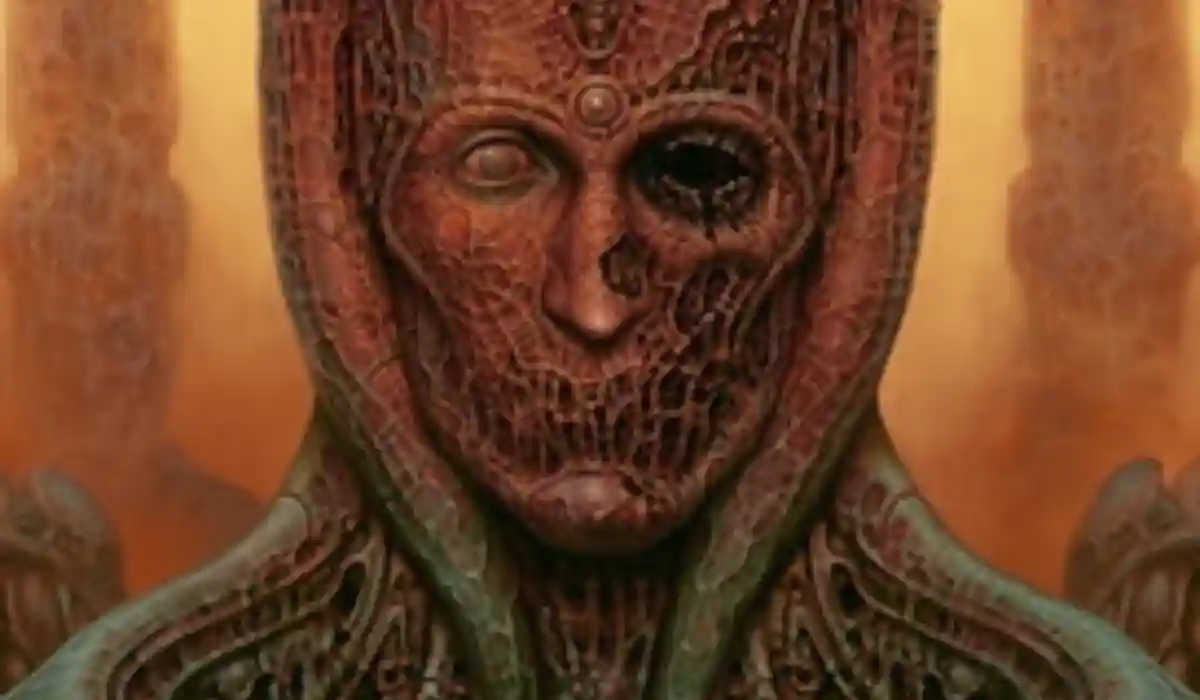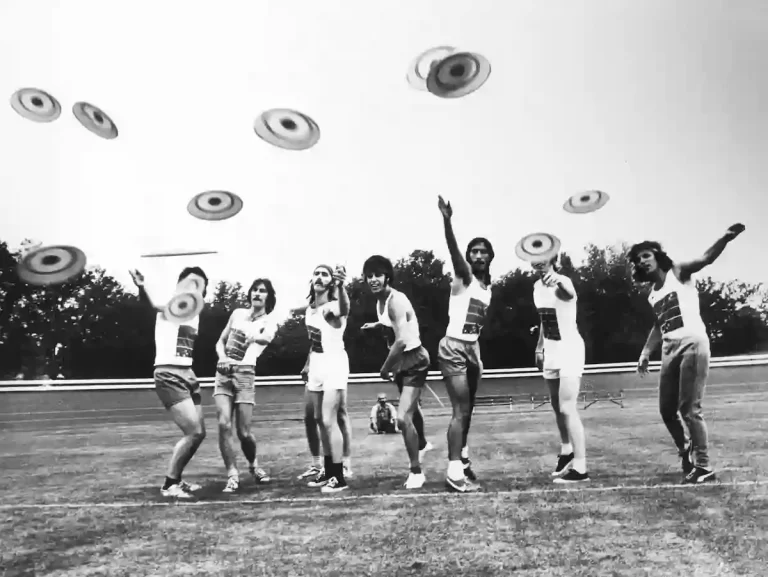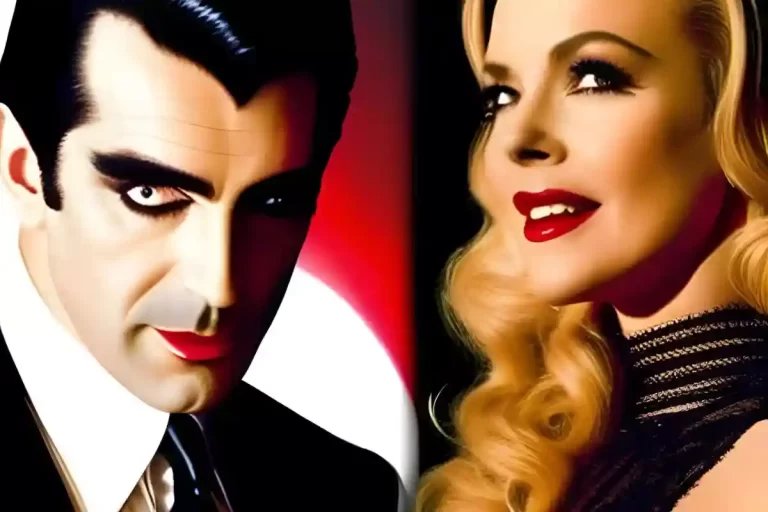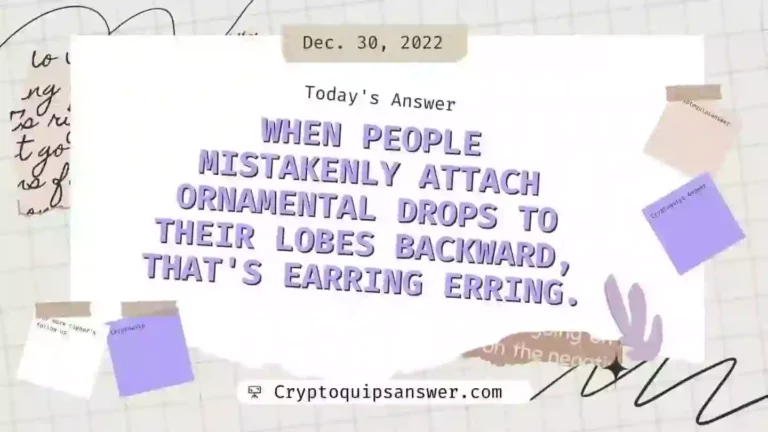Cryptoquip Answer 09/29/2023
Answer 09/29/2023:
Contempt: A Deeper Dive
Contempt is a complex emotion that can be described as an attitude towards individuals, social groups, or even ideologies. It often arises from a sense of superiority, combined with feelings of disgust and anger. This emotion can lead to maladaptive behavior. Paul Ekman, a renowned psychologist, categorizes contempt as one of the basic emotions, alongside anger, disgust, fear, happiness, sadness, and surprise. Contempt is unique in that it places the person feeling it on a higher pedestal, looking down upon the object of their contempt. This can be due to perceived moral or personal failings of the latter.
The term “contempt” has its roots in Old French, originating around 1393, and is derived from the Latin word “contemptus,” which means “scorn.” Over the years, the use of the word “contempt” in American English has seen a decline, with “disrespect” becoming more prevalent in the 21st century.
Interestingly, contempt is not just a personal emotion. It has cultural and societal implications as well. Studies have shown that the facial expression associated with contempt is universally recognized across different cultures. This suggests that, despite our diverse backgrounds and beliefs, humans share a common understanding of this emotion.
In relationships, contempt can be particularly destructive. It’s one of the “four horsemen” behaviors identified by researcher John Gottman that indicate distress in relationships. The other three behaviors are criticism, defensiveness, and stonewalling. Among these, contempt is considered the most harmful. It signifies a deep-rooted issue and can be a predictor of relationship dissolution.
Thought-Provoking Insights:
- The Universality of Contempt: Isn’t it fascinating that an emotion as complex as contempt can be universally recognized just by a facial expression? What does this say about our shared human experience?
- Contempt in Relationships: If contempt is such a strong predictor of relationship failure, how can couples be more aware of its presence and work towards eliminating it from their interactions?
- The Evolution of Language: The shift from using “contempt” to “disrespect” in modern language might reflect societal changes. How do evolving societal norms and values influence the language we use?




